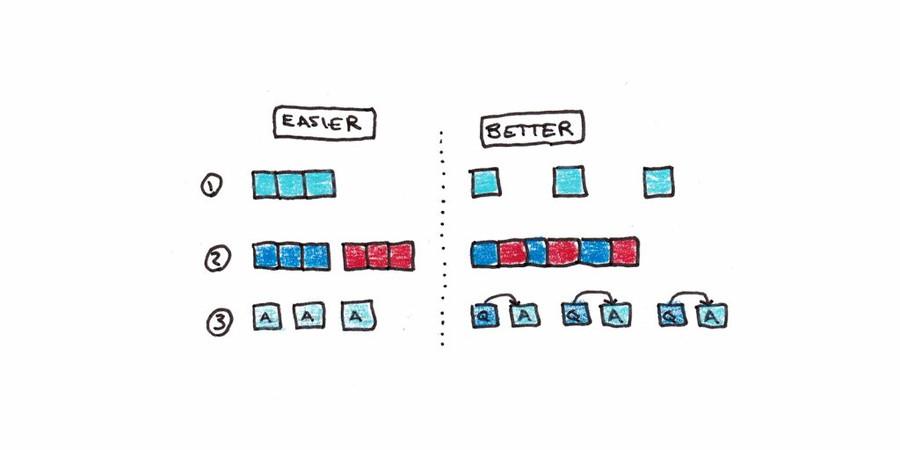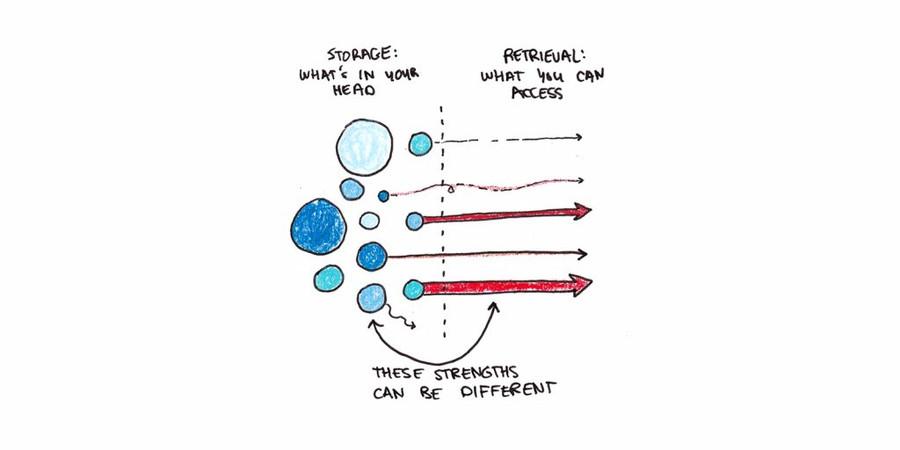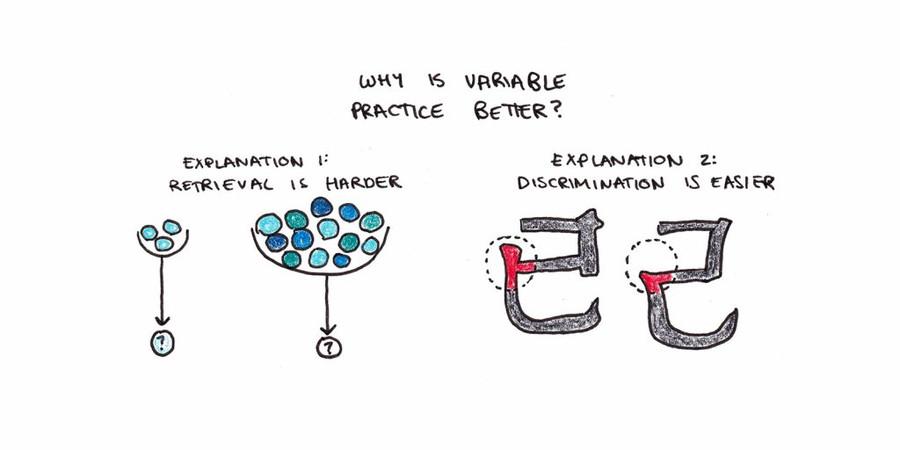Desirable Difficulties: When Harder is Better for Learning
Curated from: scotthyoung.com
Ideas, facts & insights covering these topics:
8 ideas
·3.13K reads
14
Explore the World's Best Ideas
Join today and uncover 100+ curated journeys from 50+ topics. Unlock access to our mobile app with extensive features.
Hill Climbing : A Trap?
A key strategy for getting better at things is hill-climbing : try different things, keep doing the things that work, stop doing those that don’t.
It likely explains how we get better at many things simply by doing them repeatedly. Where this strategy runs into trouble, however, is when you need to do something worse before you can do it better.
Interestingly, learning itself seems to be one of these situations. The actions that improve your short-term performance on a task don’t always create much long-term improvement. Since short-term effects are easier to notice, this can create a trap.
78
479 reads
Desirable Difficulties
Psychologist Robert Bjork addresses this issue by calling for desirable difficulties : actions that appear to work worse in the short-term but work better in the long run. These include:
71
500 reads
Spacing
1.Spacing .
- Imagine you have to choose between practicing something ten times in a row vs. ten times spaced out (over hours or days).
- The first feels easier—you will perform better immediately after practice. The second is harder but results in more permanent memory.
- Yet students avoid spacing, in part, because it feels like it doesn’t work as well as cramming.
81
428 reads
Variability
2. Variability .
- Say you’re learning tennis shots. Should you perfect your forehand swing before moving onto the backhand?
- Or mix both up at the same time? Intuition argues for mastering one thing before moving onto the next, but research suggests otherwise.
- Variable practice tends to result in better retention and transfer than blocked practice.
78
364 reads
Testing
3. Testing .
- Should you re-read or do practice questions?
- Students overwhelmingly favor re-reading as a learning strategy.
- However, practice testing is one of the most effective learning methods that has been systematically studied, while re-reading is one of the worst.
79
327 reads
What Makes Difficulties Desirable?
The exact mechanisms behind the value of desirable difficulties are still being debated.
- Bjork argues that the benefits come from the difference between storage strength and retrieval strength in memory.
- In his theory, what we learn is never erased from our minds.
- Instead, we forget things as our ability to retrieve them becomes weaker through competition with other memories.
This theory says that successful access to hard-to-recall memory boosts retrieval strength more than if the memory was easier to access.
72
318 reads
Contextual Interference and Noticing Contrasts
There’s another possible benefit to practice variability.
- When you mix practice between two similar ideas or concepts, you’re better able to notice the difference between the two.
73
379 reads
Math : Difficult
- Math problems are often taught in a blocked fashion.
- You learn some problem type and do it repeatedly until you’re good at it.
- Then, you move onto a different type of problem and repeat the same process.
The issue with this blocked approach is that it doesn’t let you practice telling apart the different types of problems because, in each case, it’s obvious.
72
340 reads
IDEAS CURATED BY
CURATOR'S NOTE
Desirable difficulties ?
“
Kokhulash MS's ideas are part of this journey:
Learn more about personaldevelopment with this collection
How to secure funding
How to market and sell your product or service
How to scale and grow your business
Related collections
Similar ideas
Read & Learn
20x Faster
without
deepstash
with
deepstash
with
deepstash
Personalized microlearning
—
100+ Learning Journeys
—
Access to 200,000+ ideas
—
Access to the mobile app
—
Unlimited idea saving
—
—
Unlimited history
—
—
Unlimited listening to ideas
—
—
Downloading & offline access
—
—
Supercharge your mind with one idea per day
Enter your email and spend 1 minute every day to learn something new.
I agree to receive email updates



